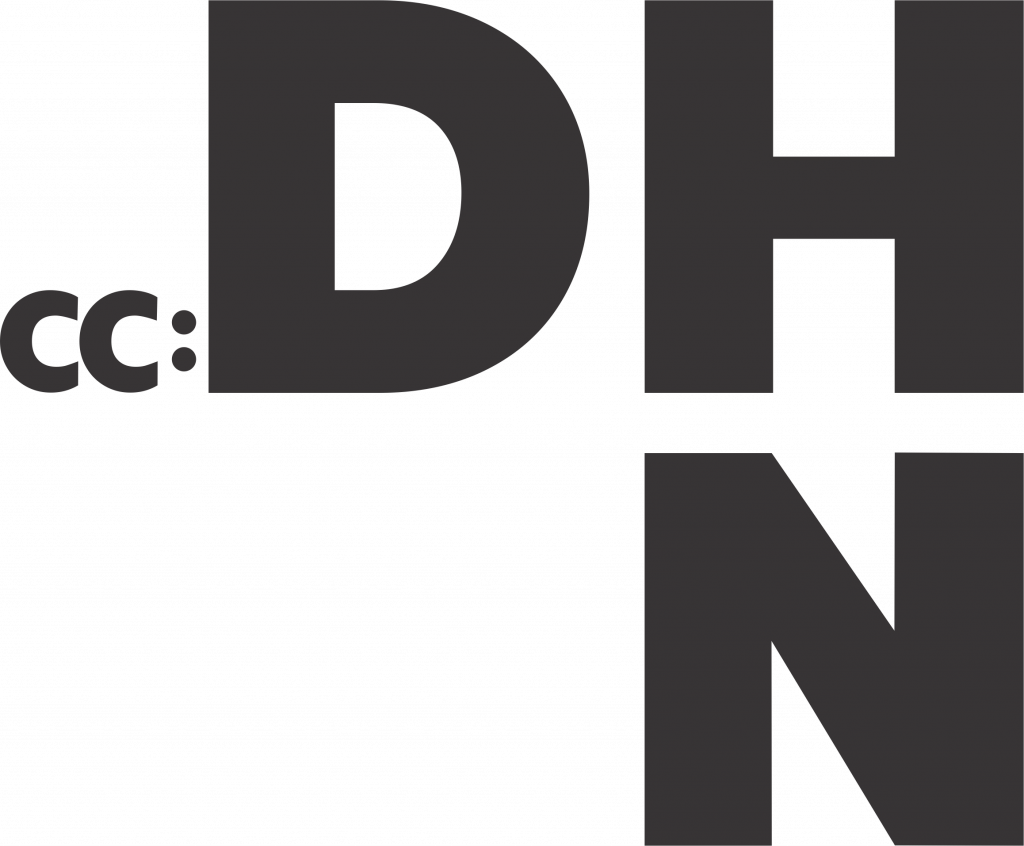Digital Storytelling
Led by Richard Snyder. For more information, visit http://dhsi.org.
Led by Richard Snyder. For more information, visit http://dhsi.org.
Led by Graham Jensen. For more information, visit http://dhsi.org.
Led by Jacquelyne Thoni Howard. For more information, visit http://dhsi.org.
Led by Harold Short, John Unsworth, Bethany Nowviskie, and Ray Siemens. For more information, visit http://dhsi.org.
Led by Natasia Herold. For more information, visit http://dhsi.org.

This virtual workshop will provide an introduction to ggplot2, an open-source data visualization package for the statistical programming language R. This workshop will go overbasic tips for creating visualizations and customizing the design of those graphs. A basic familiarity with R will be helpful for this workshop.

Are you building your own web site using JavaScript and frameworks? In this first workshop of the Building JavaScript Websites series, learn to apply consistent design standards to a JavaScript web site. Starting from a simple prepared single-page application, we will walk you through how to apply consistent theme styling, using McMaster Branding guidelines as an example. Each workshop in this series can be taken independently of the other workshops in the series.

Start your research off on the right track using digital tools. In this session Jeff Demaine (Bibliometrics Librarian) and Isaac Pratt (Research Data Management Specialist) will introduce you to research impact and research data management tools you can use to organize your research and create a researcher profile. Your profile as a researcher should be a story that you create. Learn how to distinguish yourself from other researchers using a free ORCiD account that will automatically showcase all your academic activities. Learn how to organize and document your data to save time and make your life easier. Follow a few simple tips to keep your data safe and securely store your research data so your thesis isn’t taken down by a hard drive failure.

This virtual session introduces attendees to the world of Research Impact. Research impact counts the number of times a publication has been cited by other researchers or mentioned in media. Understanding the field can help you identify “hot topics” of emerging research, gain a more thorough grasp of your research community, benchmark your career progress, communicate your knowledge more effectively, and more. Learn to leverage key databases to identify the expertise of researchers, institutions, and journals at this introductory workshop!

In this introductory workshop, learn about research data management best practices and how investing a small amount of time in organizing your data now can save you a lot of time and prevent future headaches. We will go over best practices for data planning, storage, organization, preservation, and sharing.

McMaster’s Research Data Management (RDM) Community of Practice is back! We meet the last Thursday of every month to learn together as researchers and research support staff across all levels of RDM expertise. Data Management Plans (DMPs) are growing as a requirement for grants, from the Tri-Agencies, to NIH, and others. They can also be a helpful document to guide best practices—either as a process document for your research group or as an individual researcher. Join our RDM Community of Practice to discuss DMP development!

Universities are not immune from data breaches and cyber attacks. Learn to protect your research data at this webinar with McMaster experts in IT Security and Cybersecurity. After introducing Information Security (a field dedicated to protecting sensitive digital information and data from unauthorized access, alteration, and/or destruction), the session will examine InfoSec problems specific to researchers. This webinar will also include a case study: If we take a hypothetical research workplace (such as a lab or office), what are its potential Information Security weak spots and how might we fix them?
